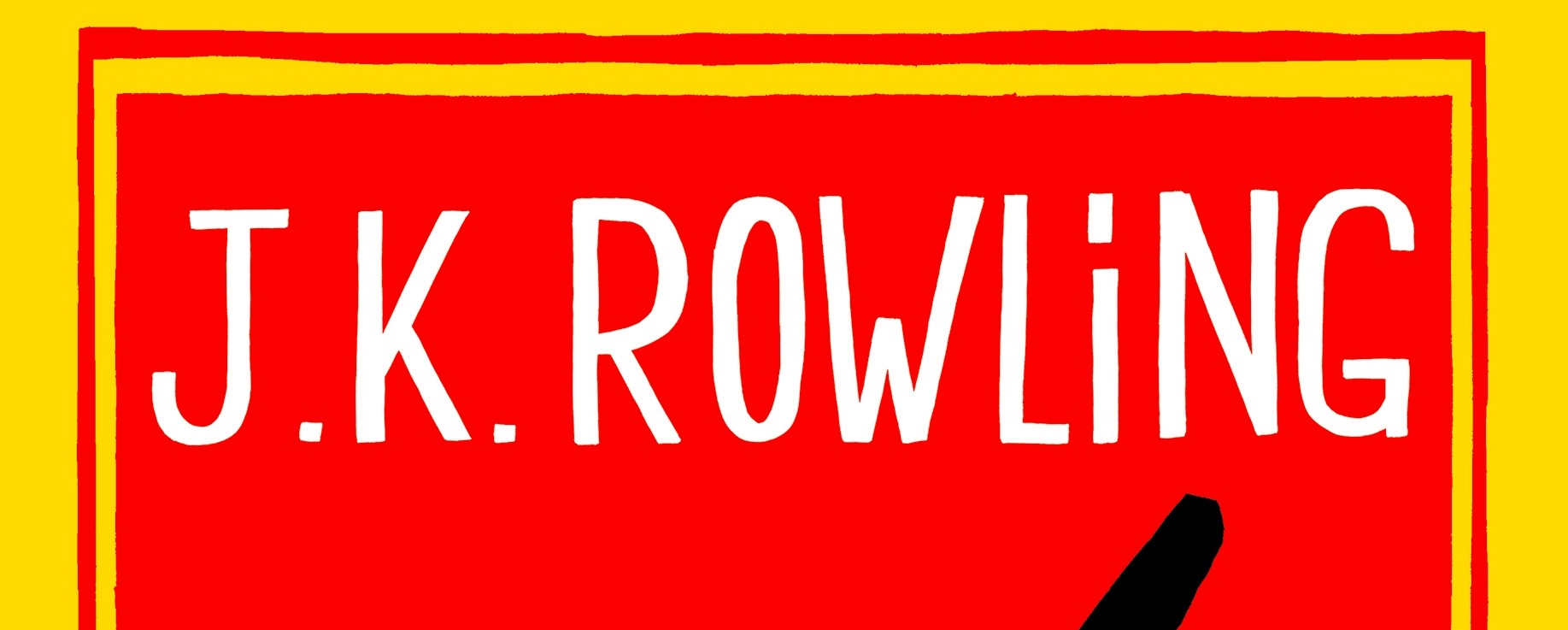Five years after Harry Potter and the Deathly Hallows, J.K. Rowling has finally released The Casual Vacancy, a novel aimed at adults. Set in the town of Pagford, the plot follows the town’s inhabitants in the aftermath of the death of Barry Fairbrother, renowned member of the town, formerly cositting on the city council and heavily influencing the town’s adolescents. His death creates what is known as a ‘casual vacancy’ on the council board, and the rest of the book deals with the ensuing upheaval.
Fans may be let down by Rowling’s The Casual Vacancy. The writing is so obviously Rowling’s that it is almost painful to be reading about Barry Fairbrother instead of Harry Potter. Her penchant for making the quotidien wonderfully descriptive forever cemented the world of Hogwarts in the minds of a generation, but falls flat in the little town of Pagford.
The problem is that this novel is bland. What it lacks is magic—and not, necessarily, in the literal sense. Would the entire story be made better if each character carried a wand and attended Hogwarts? Yes. But that wasn’t Rowling’s goal. She wanted to write an adult novel exploring the teeming underbelly of town life: the antagonism of close quarters, rampant intolerance and racism, sexual frustration, and the general unease that hides behind the pretty façade of an old-fashioned English town. She does just that, but it lacks the flair of her best-selling series. The story itself has promise, and her characters are well-written, but they lack the appeal, emotional gravitas, and depth that we have come to expect from her.
Even though this is an adult book, the shining characters are the young adults of the town, making it clear that Rowling’s forte is truly grasping adolescence, a stage often misrepresented, stereotyped, and trivialized by adult writers. While the adult characters are stodgy, hypocritical, and oddly reminiscent of the Dursleys, the younger characters are engaging—despite being a far cry from the beloved heroes of Potter. Their drug abuse, self-harm, swearing, and casual sex set them up to be completely misunderstood by the adults of Pagford; but their actions throughout the novel reveal them to be much more sophisticated and morally sound than the petty, unsympathetic, close-minded folk of Pagford.
This book progresses as expected, but reading it certainly wasn’t boring—rather, the melodrama of the final act leaves the bitter taste of disappointment. It’s a well-enough written novel, with some biting social satire and an interesting perspective on small English towns, but it is also dark and bleak, without the hope and fantasy of Harry Potter. Perhaps it is childish to expect a neat happy conclusion that restores our faith in humanity, and perhaps it was the best thing J.K. Rowling could do to distance herself from her previous characters, but one cannot help but hope that she returns soon to her magical roots.







